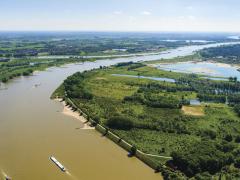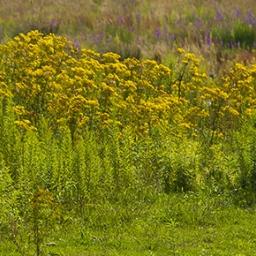Pragmatic governance in a changing landscape. Exploring the potential of embedded pragmatism for addressing global biodiversity conservation
The changing societal landscape has become a breeding ground for non-state actors as ‘new agents of change’ who contribute to dealing with global issues, such as biodiversity conservation and climate change.
This calls for a reorientation in environmental governance, which enables governments to meet the challenges encountered and to embrace the opportunities offered by new agents of change in addressing policy issues on a global scale.
This study explores the contribution of the philosophical tradition of pragmatism to rethinking biodiversity governance.
Elements to characterise pragmatic governance approach
Building on the insights of the philosopher John Dewey, three elements can be distinguished to further characterise a pragmatic governance approach.
1. continuous experimentation with policy strategies;
2. close cooperation between governments and other societal parties in policymaking;
3. (related to the other two elements:) a focus on specific issues, by accounting for the unique context in which an issue arises.
Role non-state actors biodiversity loss
This approach is applied to the issue of biodiversity loss and the report analyses five case studies about the role of non-state actors. The cases focus on new governance arrangements in the areas of marine litter, landscape restoration, sustainable trade, deforestation and biodiversity in cities. These case studies were executed as part of a project on rethinking global biodiversity governance.
The report analyses how governments and the multi-lateral system can make the best use of the efforts of non-state actors for the conservation of biodiversity and which challenges that poses to governmental steering in an international context.
See also:
Authors
Specifications
- Publication title
- Pragmatic governance in a changing landscape. Exploring the potential of embedded pragmatism for addressing global biodiversity conservation
- Publication date
- 1 August 2016
- Publication type
- Publication
- Product number
- 2529




